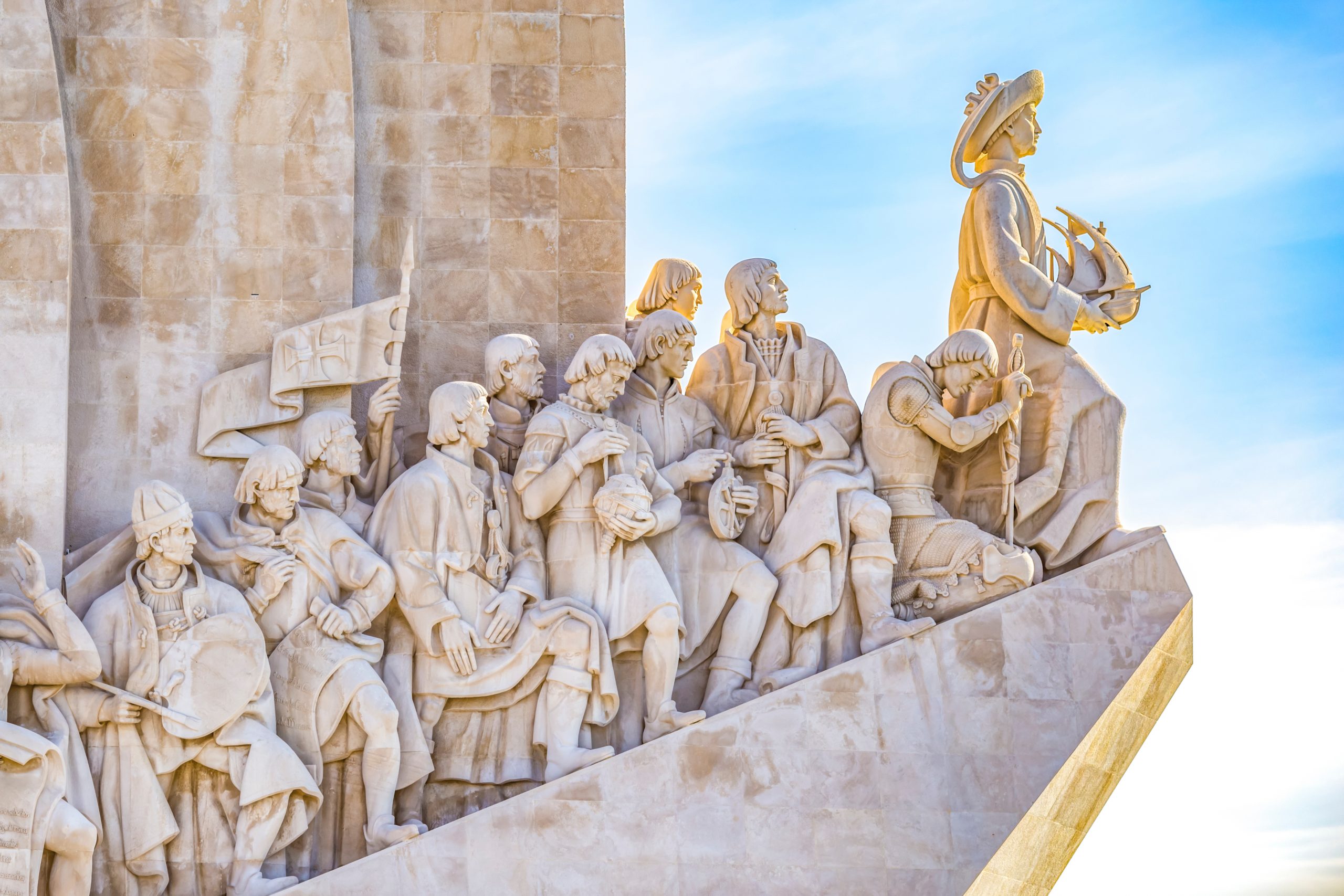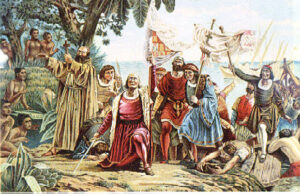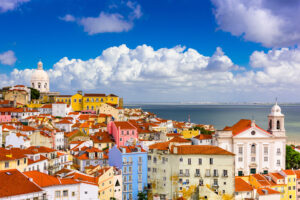From the early 15th century to the end of the 17th century, the Portuguese Age of Discoveries was a turning point in the country’s history. Portugal became a global empire during this period of exploration and maritime technology. It also had a great influence on the course of world history. The pioneering voyages of the Age of Discoveries, the establishment of colonies in other countries and the development of trade networks brought with them enormous wealth and cultural exchange. This issue introduces in detail the main figures, events and influences of the Portuguese Age of Discoveries.
The Beginning of Exploration
The Portuguese Age of Discoveries began during the reign of Prince Henry the Navigator, a key figure in the early stages of the Discoveries. Prince Henry, born in 1394, did much to support and finance voyages to the west coast of Africa. Thanks to his vision and help, the Sagres Nautical Academy was founded. Here, cartographers, navigators and naval architects worked together to advance maritime technology and knowledge.
Prince Henry’s efforts were rewarded in 1434 when Gil Eanes successfully rounded Cape Bojador, shattering the myth that the world beyond Cape Bojador was dangerous and unknown. This success led to more expeditions, with Portuguese sailors traveling deep into Africa to establish trading posts and build relationships with the people who still lived there.
Voyage of discovery
In the second half of the 15th century, Portugal embarked on a series of astonishing voyages, broadening its horizons and making it a leader in global exploration. One of the most important turning points was the voyage of Bartolomeu Dias in 1488, when he became the first European to sail around the southernmost tip of Africa, naming it the Cape of Good Hope. This monumental feat proved that a sea route to the East was possible and created new trade routes with Asia.
Vasco da Gama’s voyage to
India in 1498 was another important event. After crossing the treacherous Indian Ocean, Vasco da Gama arrived at the port of Calicut, opening a direct route between Asia and Europe. This breakthrough allowed Portugal to avoid the overland trade routes dominated by Arab and Venetian merchants. They had access to the lucrative spice trade, which would make their country rich and powerful.
Building an Overseas Empire
The Portuguese Age of Exploration did not only take place in Africa and Asia; it also took place in the New World. In 1500, Pedro Álvares Cabral traveled to India and accidentally landed on the coast of what is now Brazil. As a result of this unexpected discovery, the Portuguese laid claim to South America, which later became an important part of their empire.
The Portuguese crown moved quickly to make their new country even more powerful. By the early 17th century, a vast network of trading posts, forts, and colonies had sprung up around the world, stretching from South America to Africa and Asia. In India, Goa became an important center of Portuguese trade and government. In Angola and the Gulf of Guinea, Luanda and São Tomé were important stations in the Atlantic slave trade.
Impact on the economy and the spice trade
The Age of Discovery had a huge impact on the Portuguese economy. The kingdom made a lot of money from trade, especially the spice trade. Important spices such as pepper, cinnamon, and cloves were mainly bought and sold by Portuguese merchants. These spices were very popular in Europe. The money made from this trade could be spent on more expeditions and help grow Portugal’s maritime empire.
The Portuguese also made a lot of money from the trade of silk and porcelain from China and gold, ivory, and slaves from Africa. These businesses made a lot of money, making Lisbon one of the richest and most diverse cities in Europe. The wealth and exotic goods that came to Portugal had a huge impact on society. They helped create the Portuguese Renaissance, a great era of art and culture.
How It Influences Knowledge Around the World
Not only did the economy grow during the Age of Discovery, but people also shared culture and learned new things. Explorers and traders from Portugal encountered many different languages, cultures, and traditions. They wrote down what they saw and brought it back to Europe. European science, geography, and cartography were transformed by the sharing of ideas and information over long periods of time.
Introducing new crops and farming methods was one of the most important things they did. The Portuguese brought crops such as l doctor. The Jesuit missions, which were set up to spread Christianity, were very important for cultural exchange because they translated religious texts into local languages and supported education.
Challenges and Fall Portugal’s Age of
Discoveries had many successes, but it also had some problems. The kingdom’s resources were stretched thin because the empire was so big and it was hard to keep control of such faraway lands. Portugal’s position as a world trade leader was further weakened by competition from other European powers such as Spain, England, and the Netherlands.
It all started going downhill after King Sebastian died in 1580 and there was a succession crisis. This was followed by the union with Spain in 1580. The Iberian Union lasted until 1640. During that time, Portugal’s resources were used to help Spain. It was a big blow to Portuguese maritime dominance when they lost a number of important colonies to the Dutch, including the valuable Spice Islands.
What the Age of Discovery Left Behind The Age of Discoveries in Portugal left behind a lasting and far-reaching legacy. Portuguese explorers’ journeys changed the way people around the world thought about geography and laid the groundwork for today’s global economy. Many places, from Brazil and Africa to Asia and the Atlantic islands, will never be the same without the Portuguese language and culture.
During this time
Portugal’s maritime successes paved the way for its Golden Age, a time of great cultural and artistic growth that produced famous people like Luís de Camões, whose epic poem “Os Lusíadas” celebrated the adventures of Portuguese explorers.
Conclusion
Portugal’s Age of Discoveries was an amazing time of exploration and growth that changed the world. The first trips made by Portuguese navigators created new trade routes, built a global empire, and made it possible for people from all over the world to share their cultures on a level that had never been seen before. Even though it had problems and eventually went downhill, this time period has a lasting legacy that shows how important Portugal was in the history of exploration and the sea.



